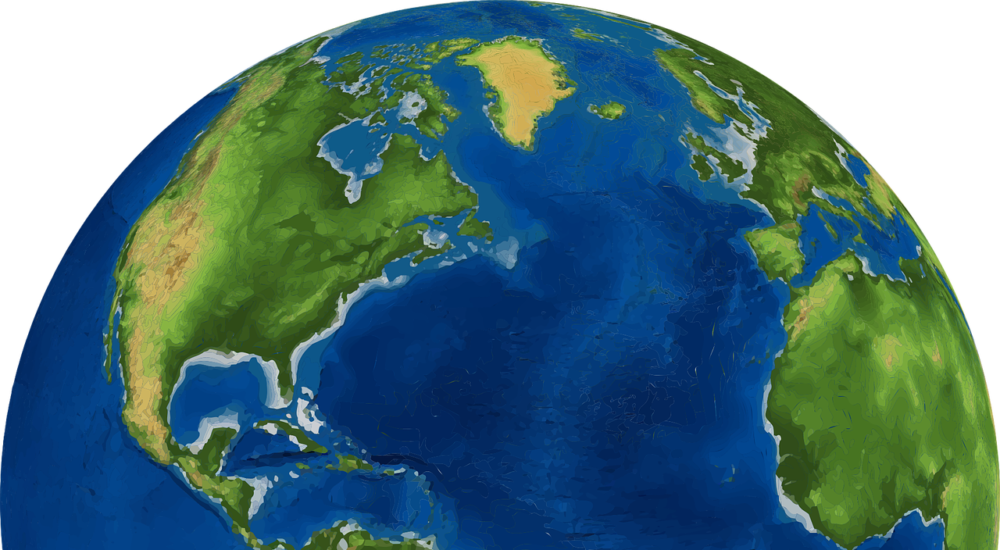Summit Diplomacy: Two Can Play At This Game
Xi Jinping was hoping his visit to Moscow would send a message that the authoritarians were united in their battle with the democratic world. That message made it through loud and clear, after years of trying. He and Putin also hoped that said democratic world would take the news badly and rethink their support for Ukraine’s defense.
That … didn’t go so well (WaPo).
Japanese Prime Minister Fumio Kishida arrived in Kyiv Tuesday to meet with Ukrainian President Volodymyr Zelensky, becoming the first post-war Japanese leader to visit an active war zone and the final member of the Group of Seven advanced nations to make the trek to Ukraine’s capital to show support.
In effect, the immediate neighbor that Zhongnanhai fears the most took a look at Xi’s summit diplomacy and decided two could play that game. Kishida’s visit may be largely symbolic (Japan is already supporting Ukraine and shows no intent of slowing down), but then again, so is Xi’s visit to Moscow.
While Putin was looking for a show of solidarity, Xi was building his empire (WaPo).
“Russian leaders like to emphasize the unprecedented strategic cooperation between the two countries,” wrote Alexandra Prokopenko for Carnegie Politika, the Carnegie Endowment for International Peace’s blog on Russia and Eurasia. “Yet in reality, this cooperation makes Moscow increasingly dependent on Beijing.”
Alexander Gabuev, the director of the Berlin-based Carnegie Russia Eurasia Center and an authority on Sino-Russian relations, argued that the time may come when China will use its clout with the Kremlin to extract further political concession, especially as the West cuts its own economic ties to Russia. Beijing may expect Russia in the future to allow it access to Arctic naval bases or alter its own dealings with China’s regional rivals, like India.
“China is content simply to monetize its growing geoeconomic leverage over Russia by securing discounts on its hydrocarbon exports and conquering its consumer market,” Gabuev wrote in the Economist. “But it is probably only a matter of time before China demands more political loyalty for its help in keeping Putin’s regime afloat.”
Whatever message the “the unprecedented strategic cooperation” was supposed to send didn’t land in the democratic world. Instead, Japan sent a message of its own with Kishida (first WaPo link).
The remarkable split screen of the two Asian leaders holding summits on opposite sides of the Russia-Ukraine conflict underscored Kishida’s linking of security concerns in Europe and East Asia with an eye toward China’s growing assertiveness in the region, and his efforts to demonstrate his country as a leading Asian nation in siding with the West against Russia.
…
Kishida has repeatedly warned that “Ukraine today may be East Asia tomorrow,” expressing his concerns about other regional actors violating international norms without explicitly naming China, which remains Japan’s largest trading partner.
So while Xi has barely begun to see the benefits of allying to Russia, Kishida has made clear the cost.
Summit diplomacy was supposed to be a winning card for Xi this week. Instead, Kishida reminded him that two can play at this game.


